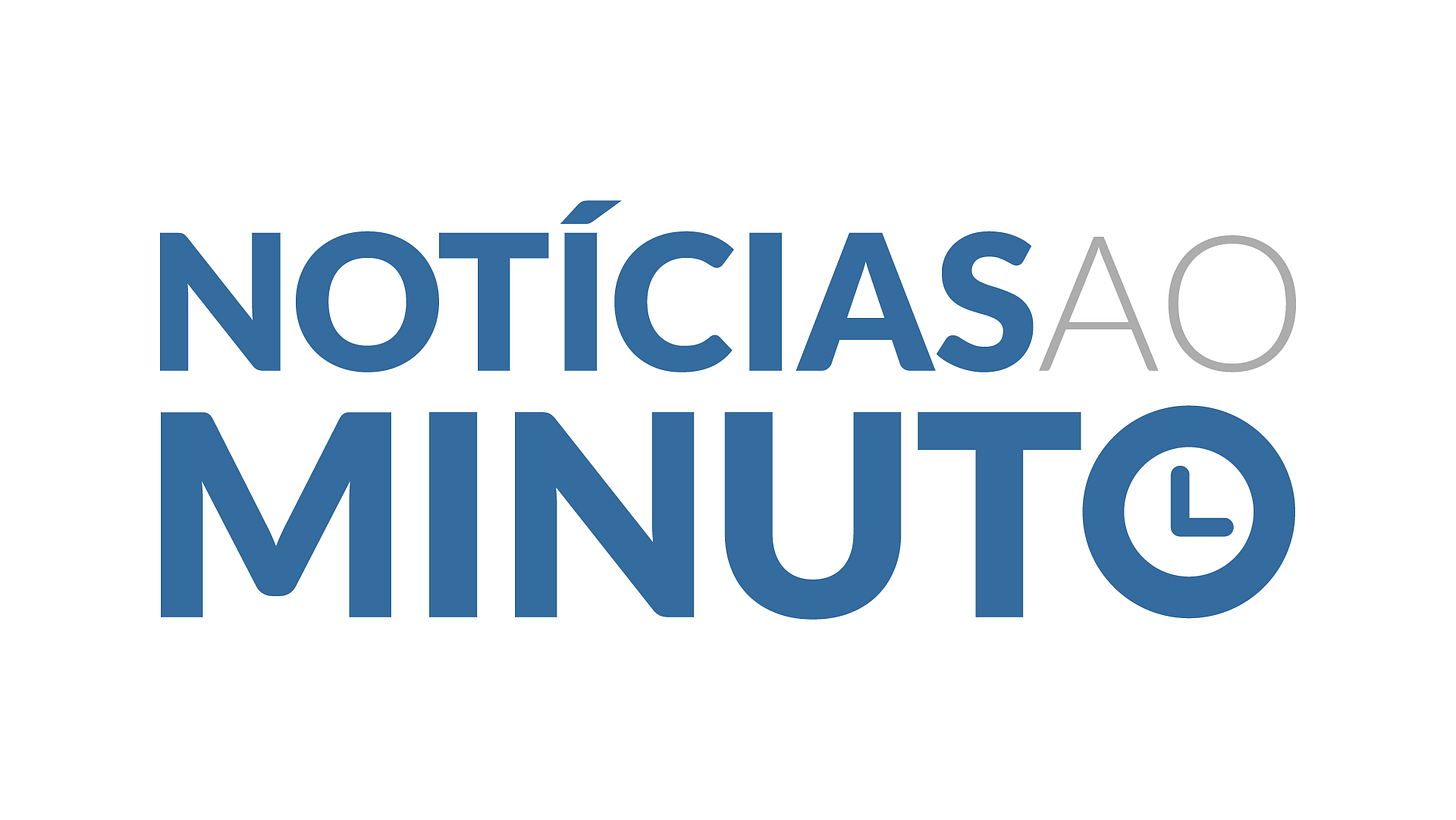Regulating AI is important and must “involve the entire ecosystem”
The regulation of artificial intelligence (AI) "is a topic of extreme importance" and "a necessity to prevent misuse", considering it important to "involve the entire ecosystem".
NOTE: This post is a faithful translation from the Portuguese original interview I gave and was published on this date by Notícias ao Minuto, part of a wider piece published in LUSA ❤ Check out the original !
“In an interview with LUSA, Paulo Mota emphasizes that "the regulation of technologies based on artificial intelligence is an extremely important topic. This importance is not only because the pace of their development far exceeds the timely capacity for legislation, but also because it is a complex issue with extensive socioeconomic ramifications."
Furthermore, he stresses that "regulation is necessary to prevent misuse and should be carefully considered, as it encompasses both opportunities and risks." Mota, co-founder of Coreflux, which has two "major projects" in artificial intelligence, Anselmo and Graham Bell, digital workers, makes this point clear.
Regarding the proposed European legislation for AI - the 'Artificial Intelligence Act' - he says it "bears the immense responsibility of defining concepts, classifying risks, monitoring applications, and regulating uses of AI that could unintentionally or intentionally pose unacceptable risks."
Now, it is important to "highlight 'uses of AI,' because that should always be the perspective to adopt," meaning "to consider and evaluate specific cases, as opposed to trying to regulate the technology itself in a generalized and indiscriminate manner," he argues.
"Such an approach could risk slowing down European innovation capacity and creating external dependencies, motivating the potential exodus of technology companies to more permissive markets. As seen in cases like the General Data Protection Regulation (GDPR), the European example is often adopted as a 'standard' in various countries, leading by example," the Coreflux co-founder points out.
Moreover, "it is important at this level to involve the entire ecosystem: companies and experts from various fields and sectors, dialoguing in harmony with legislators, politicians, and academic experts," because only in this way can it be ensured that "on one hand, the technology is understood before being judged, and on the other, competitiveness against other markets is maintained without actual harm to the citizens of the Union (and beyond its borders)."
On concerns related to solutions like ChatGPT, generative AI (capable of creating without human input, in a simplified description), Paulo Mota believes that "society's reaction to these technologies is understandable, as people are beginning to realize the potential opportunities and risks."
Therefore, "given the pace of development in industrial automation and recent advancements in AI, which has been unprecedented, a clarifying response from regulatory bodies, the media, and companies in this sector is important."
The co-founder of the Portuguese tech company recalls that in the past, "we have witnessed multiple historical turning points, such as the invention of the automobile or the development of industrial machines," learning that "progress cannot be reversed and inevitably requires adaptation."
The ways of working will change, "delegating repetitive and time-consuming tasks to autonomous tools, but in return, it aims to free people for creative, decision-making, and coordination components, or for pursuits of personal fulfillment," he adds.
Therefore, "we can and should invest in equipping people with digital skills to use these new tools and, thus, accelerate new directions and high-productivity outcomes," he continues, adding that new professions associated with AI will emerge, giving the example of the recent 'prompt engineer,' "responsible for refining human-machine interfaces, conducting research, and optimizing solutions through AI tools."
However, as automated as the process may be, "the human element should continue to guide strategic and directional components" and "it is still early to clearly understand what other novelties may emerge and what new areas may be enhanced from this base," he considers.
It is certain, he says, that AI, "if well-employed, can enhance" performance and "democratize access to personal capabilities previously restricted to highly specialized professionals."
In essence, technology must be seen for what it is, "a tool," he concludes.
He also believes that "mechanisms like the Recovery and Resilience Plan (PRR), in its Digital Transition aspect and potential support for Industry 4.0 and New Technologies, should reinforce the development of digital skills at all stages of education, entry into the job market, and in the reconversion of skills."
This is because adapting the education system to this new reality "is fundamental to keep up with ongoing changes," and companies that develop activity "in these sectors should actively participate in social and regulatory discussions," he concludes.”


